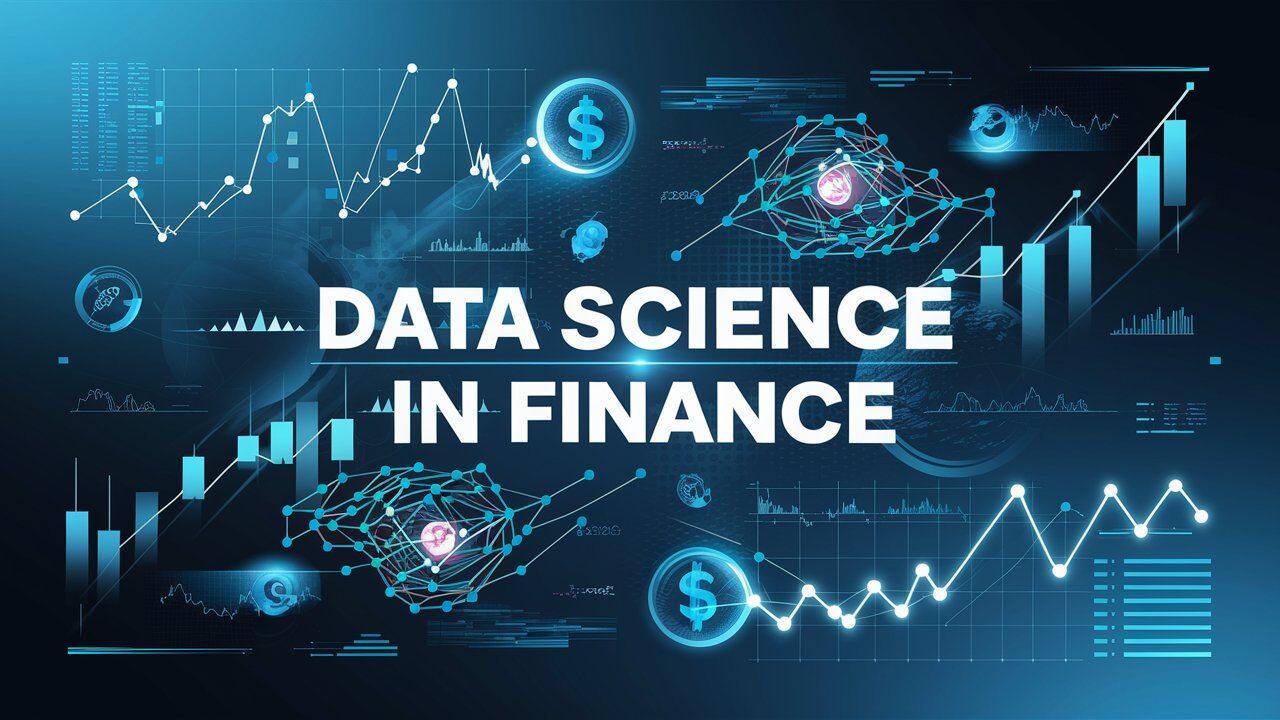
Data science has revolutionized many industries, including finance. This guide explores its role, real-world applications, and significance in the financial sector.
-
Advanced Models: Utilizing statistical models and machine learning algorithms, organizations can make accurate predictions about future financial performance.
-
Resource Allocation: Optimizing financial resources through informed budgeting and planning decisions.
-
Risk Management: Early identification and mitigation of potential risks, enhancing organizational resilience.
-
Real-Time Analysis: Employing data science techniques to analyze vast amounts of data in real-time, identifying and mitigating risks proactively.
-
Strategic Decision-Making: Using scenario analysis and stress testing to assess the impact of various risk factors and make informed strategic decisions.
-
Sophisticated Frameworks: Developing comprehensive risk assessment frameworks that consider a wide range of variables, ensuring long-term stability and sustainability.
-
Fraud Detection: Implementing machine learning algorithms to detect fraudulent activities with high accuracy, reducing financial losses.
-
Credit Scoring: Automating credit scoring processes to improve efficiency and accuracy in evaluating creditworthiness.
-
Algorithmic Trading: Leveraging predictive models and real-time data analysis to optimize trading strategies and maximize returns.
-
Customer Insights: Gaining deeper understanding of customer preferences and behavior through data analysis.
-
Tailored Solutions: Developing personalized financial products and services based on customer data, enhancing satisfaction and retention.
-
Marketing Campaigns: Utilizing sentiment analysis and recommendation systems to deliver targeted marketing campaigns, increasing conversion rates.
-
Market Trend Analysis: Analyzing large volumes of financial data to identify investment opportunities and assess risks.
-
Predictive Modeling: Employing machine learning algorithms to forecast market trends and optimize asset allocation.
-
Portfolio Management: Making strategic investment decisions that maximize returns and minimize risks through advanced analytics.
-
Untapped Markets: Identifying new markets and emerging trends by analyzing vast amounts of financial data.
-
Customer-Centric Strategies: Enhancing customer satisfaction and driving long-term growth by developing personalized products and services.
-
Operational Efficiency: Improving efficiency in areas such as risk management, fraud detection, and algorithmic trading through data science applications.
-
Data Quality and Integrity: Ensuring accurate data integration and maintaining high data quality standards.
-
Privacy Concerns: Addressing privacy issues and ensuring compliance with data protection regulations.
-
Skilled Professionals: Investing in hiring and training data science professionals with the necessary skills.
-
Cultural Shift: Fostering a data-driven mindset and promoting collaboration between data scientists, business analysts, and domain experts.
-
Understanding Customer Needs: Using data science to gain insights into customer preferences, behavior patterns, and needs.
-
Personalized Interactions: Leveraging sentiment analysis and recommendation systems to offer tailored financial solutions.
-
Marketing Campaigns: Delivering personalized marketing campaigns that enhance customer satisfaction and drive business growth.

Posted by PDI Marketing Team
Pacific Data Integrators Offers Unique Data Solutions Leveraging AI/ML, Large Language Models (Open AI: GPT-4, Meta: Llama2, Databricks: Dolly), Cloud, Data Management and Analytics Technologies, Helping Leading Organizations Solve Their Critical Business Challenges, Drive Data Driven Insights, Improve Decision-Making, and Achieve Business Objectives.





